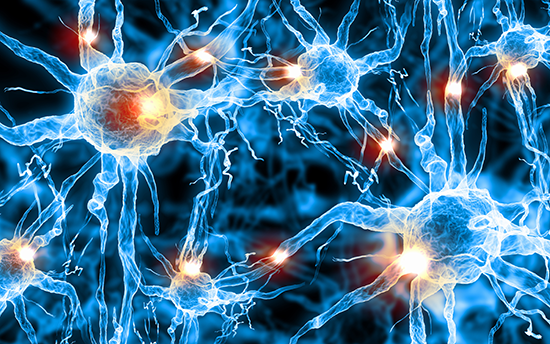Neuromuscular Diseases
From 20 to 70 years of age, the muscle mass of the body is reduced by 20%, and muscle strength and endurance decreases as well.

From 20 to 70 years of age, the muscle mass of the body is reduced by 20%, and muscle strength and endurance decreases as well, so that the overall reduction in muscular efficiency is higher than 20% and close to 40%.
- The concentration of carnosine and the antioxidant effect in this period falls by about half the value. This decrease of carnosine in the muscle is most probably also the cause of age-related decline in muscle mass, strength and endurance. The active, strong fast-twitching muscle fibers contain large amounts of carnosine, while weak and atrophic ones contain significantly less carnosine.
- Russian scientist Severin had already proven in the 50s that the addition of carnosine into a liquid where isolated depleted muscles were incubated caused almost the immediate restoration of full muscle power. Dr. MacFarlane’s Australian team has shown that carnosine addition increases the strength and endurance of tired muscles. Interestingly, supplementation with carnosine is directly proportional to the final effect on muscles: The more carnosine is supplied, the higher the content in the muscles, and thus greater muscle strength and endurance.
- The role of carnosine has also been scientifically investigated in various neuromuscular diseases. The results of these studies recommend supplementation during these diseases. Of course, it is not expected to cure very serious diseases, but it can reduce oxidative stress, always accompanying such diseases. It increases muscle contractility and gives them strength and endurance. The muscles of patients with Duchenne muscular dystrophy contain only half the amount of carnosine compared with the muscles of healthy persons, so that any supplementation with carnosine is asked for.
Carnosine has an important role in the following neuromuscular diseases:
- ALS (amyotrophic lateral sclerosis)
- Duchenne muscular dystrophy
- FSH muscular dystrophy
- Myasteniagravis
- Polymyositis
- Muscle diseases caused by medicinal drugs (e.g. statins, cholesterol-lowering drugs)
- Mitochondrial myopathy (later forms)